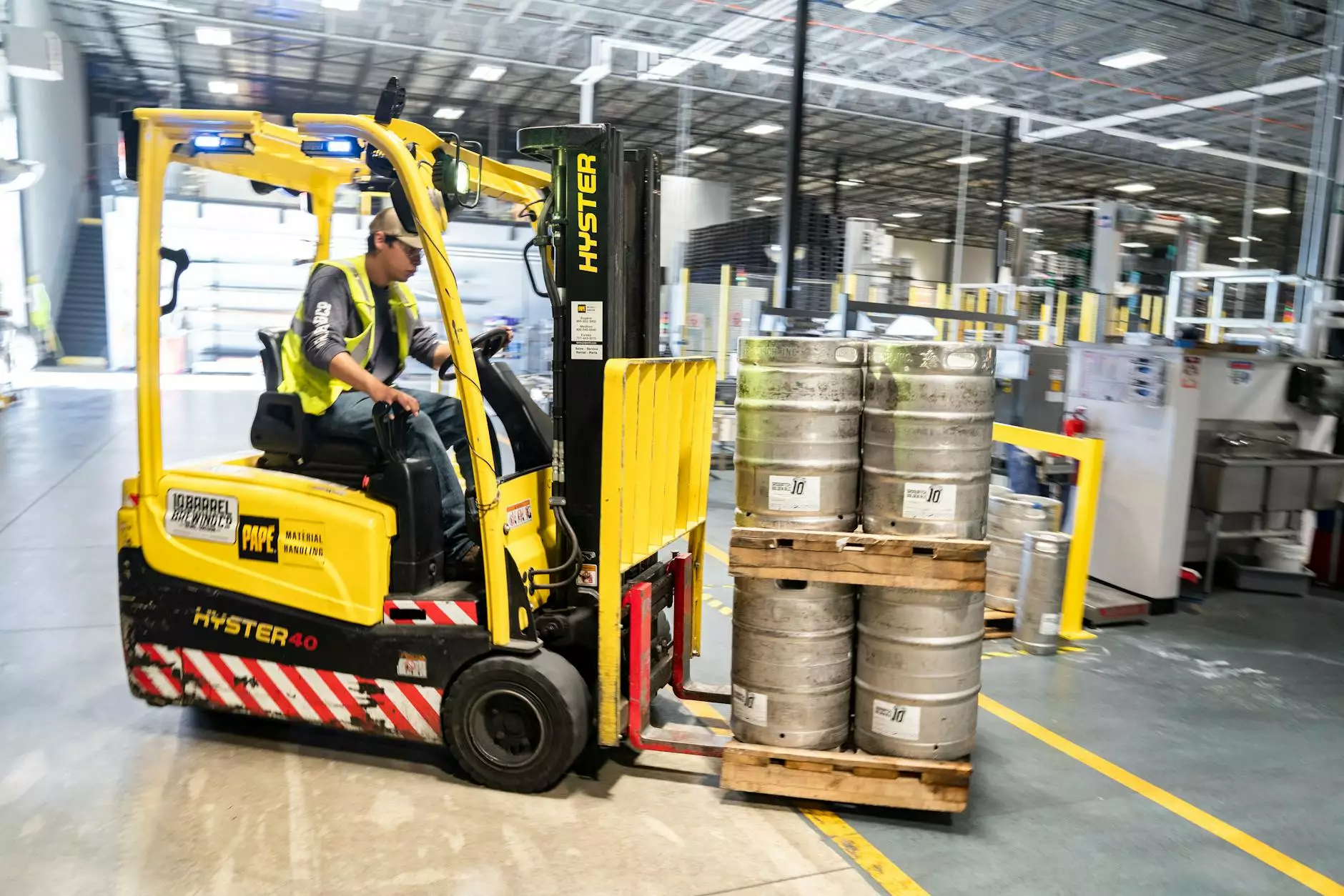Understanding SSD VDS: A Comprehensive Guide for Businesses

In the fast-paced world of technology, businesses are constantly seeking ways to enhance their IT infrastructure. Two terms that have gained significant attention are SSD (Solid State Drive) and VDS (Virtual Dedicated Server). This article will explore the intricate details of ssd vds, shedding light on how these technologies can transform your business operations.
What is SSD?
Solid State Drives (SSDs) represent a significant advancement over traditional Hard Disk Drives (HDDs). Unlike HDDs, which rely on spinning disks and moving mechanical parts, SSDs use flash memory to store data.
- Speed: SSDs offer superior data access speeds, which means faster boot times and quicker file transfers.
- Durability: With no moving parts, SSDs are more resistant to physical shock and wear and tear.
- Energy Efficiency: They consume less power, contributing to lower energy costs for businesses.
- Noise Reduction: SSDs operate silently, unlike their mechanical counterparts.
What is VDS?
A Virtual Dedicated Server (VDS) is a technology that allows you to partition a physical server into multiple virtual servers. Each VDS operates independently, providing customers with dedicated resources without the high costs associated with dedicated hardware.
- Isolation: Each VDS is isolated from others, ensuring that one user’s workload does not interfere with another's.
- Scalability: Businesses can quickly scale their resources based on demand.
- Cost-Effectiveness: A VDS is typically more affordable than maintaining a dedicated server while offering many of the same benefits.
- Customization: Users can install and configure their software environments according to their specific needs.
The Synergy of SSD VDS
Combining the strengths of SSDs with VDS technology leads to a powerful solution for businesses. The term ssd vds encapsulates this innovative approach to IT infrastructure. The integration of SSDs into VDS platforms yields numerous advantages:
Enhanced Performance
The use of SSDs within a VDS environment dramatically enhances performance. Data retrieval and processing speeds increase, allowing applications to run smoother and users to experience significantly lower latency.
Improved Reliability
By leveraging SSDs in VDS, businesses can benefit from enhanced reliability. SSDs have a lower failure rate than HDDs due to their lack of mechanical components. This reliability is vital for businesses that rely on their servers to be operational at all times.
Reduced Load Times
Fast load times are crucial for web applications and services. Implementing ssd vds solutions can drastically reduce the loading time of websites and applications, contributing to a better user experience and higher conversion rates.
Boosted Scalability and Flexibility
Businesses can easily scale their services with ssd vds configurations. If you anticipate growth or increased demand, you can quickly allocate more SSD space or increase the power of your VDS without significant downtime or investment.
Choosing the Right SSD VDS Provider
Finding a reputable provider for your ssd vds needs is crucial. Here are some factors to consider:
- Reputation: Research providers and read reviews to ensure they have a strong reputation for reliability and service.
- Support: Look for providers that offer 24/7 customer support to assist with any issues you may encounter.
- Security: Ensure that the provider implements strong security measures to protect your data.
- Pricing: Compare pricing plans to find a solution that fits your budget without compromising on quality.
Applications of SSD VDS in Business
The applications of ssd vds technologies are vast and versatile. Here are some key areas where they can be effectively utilized:
Web Hosting
Many businesses are turning to ssd vds solutions for their web hosting needs. This technology allows for faster website performance, which can directly impact user satisfaction and SEO rankings.
Application Development
For software developers and companies testing new applications, the speed of SSDs in a VDS environment allows for quicker development cycles and more iterative testing.
Data Storage and Backup
The reliability and speed of SSDs make them an excellent choice for data storage solutions. Businesses can use ssd vds for database management, ensuring that data can be accessed and backed up efficiently.
Virtual Desktops
As more companies adopt remote work policies, having a robust virtual desktop infrastructure (VDI) supported by SSDs can enhance productivity. Employees can access their desktops with minimal latency, regardless of their location.
Conclusion
In summary, the combination of ssd vds technology provides a powerful solution for modern businesses looking to upgrade their IT infrastructure. By understanding the benefits of Solid State Drives and Virtual Dedicated Servers, companies can make informed decisions that lead to increased performance, reliability, and scalability.
As you consider whether to integrate ssd vds into your business operations, remember to assess your specific needs and consult with trusted technology partners like Prohoster.info who specialize in IT services, computer repair, internet service provision, and web design.









